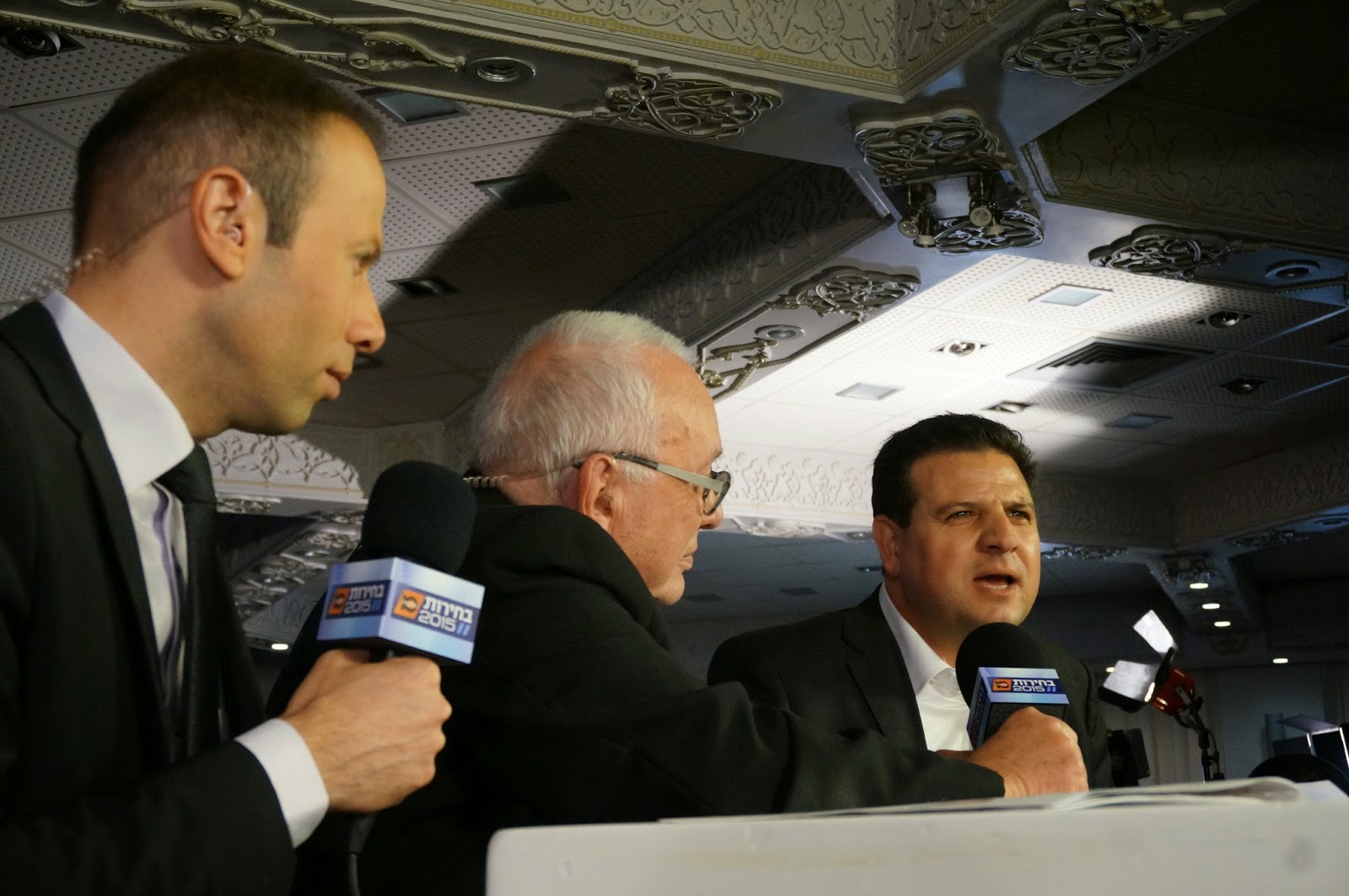Just a week ago, Israeli Prime Minister Benjamin Netanyahu shared on social
media a short video, which on his twitter account was shared under the
headline, “No Jews.” In this video, he accuses the Palestinians of supporting
ethnic cleansing of the Jews of the West Bank, stating, “...the Palestinian
leadership actually demands a Palestinian state with one pre-condition: No
Jews. There is a phrase for that, its called ethnic cleansing.”
Palestinian leaders demand a Palestinian state with one precondition: No Jews. There's a phrase for that. https://t.co/u5gfSW1thW— Benjamin Netanyahu (@netanyahu) September 9, 2016
The
timing of the video comes after the United States harshly criticized Israel’s
recent decision to add 234 living units to existing settlements, stating that
the State Department is “particularly troubled by the policy of retroactively
approving unauthorized settlement units and outposts that are themselves
illegal under Israeli law,” and that “…significant expansion of the settlement
enterprise poses a very serious and growing threat to the viability of the
two-state solution.”
In
retaliation, Netanyahu struck back by addressing an American audience in his
video message asking “Would you accept ethnic cleansing in your state? A
territory without Jews, without Hispanics, without blacks? Since when is
bigotry a foundation for peace.” This was followed by the State department
lashing back, stating, “We obviously strongly disagree with the
characterization that those who oppose settlement activity or view it as an
obstacle to peace are somehow calling for ethnic cleansing of Jews from the
West Bank.”
The US
State Department has every right to be angry. Netanyahu’s twisting the truth,
making Israeli settlers the victims and Palestinians—who are living for the
past 49 years under Israeli occupation with no civil rights—the cruel masters,
has proven once again that he is an ace in demagoguery. Not to mention the low
level he stooped to by accusing the Palestinians of ethnic cleansing, when it
is they who were ethnically cleansed from the territories that become Israel in
1948, with over 700,000 not allowed to return to their homes, upon their
fleeing and the forced expulsions they endured during Israel’s War of
Independence.
To get
the story straight, the Palestinians do not object to have Jews within their
borders, rather they are against Israeli settlers remaining within their future
state. This should be of no surprise since the settlers have and continue to
occupy their land for the last 49 years. In any case, questions regarding
citizenship laws of the future Palestinian state seem less burning when one
faces the reality that Palestinians do not seem any closer to getting a state
today than they were 20 years ago.
However,
it should not just be Palestinians taking offense to Netanyahu’s harsh words,
but also the Jews in Israel and internationally as it belittles the history of
the Holocaust by putting
forth the false analogy that Palestinians are no different that Nazi Germany,
trying to create a territory free of Jews, otherwise known as Judenrein. In fact,
Netanyahu himself used this term back in 2009, shocking the German Foreign
Minister, who was on an official state visit in Israel, stating that “Judea and
Samaria cannot be Judenrein.”
This of
course would not be the first time that Netanyahu has used the Holocaust to
gain ground against the Palestinians. Just last year he made the claim that
Hitler had got the idea of committing genocide against the Jews from the
Palestinian Mufti Hajj Amin al-Husseini, which even caused the German
Chancellor, Angela Merkel, to state that Germany is solely responsible for the
Holocaust and that “we don't see any reason to change our view of history…”
Ironically,
the Israeli radical right in the past has accused the Israeli governments of
implementing a plan of Judenrein,
such as when it evacuated the Jewish settlements of Gaza in 2005 under the
premiership of Ariel Sharon, a government that Netanyahu was a part of. The
comparing of the Israeli government by the radical right highlights the danger
of comparing one to Nazis, in this case clear incitement that brings back
memories of the days before Yitzhak Rabin was assassinated.
This
perverse manipulation of history of the Holocaust, be it by Netanyahu, or by
the Israeli radical right, in reference to their fellow citizens, needs to be
met with strong condemnation. The conflict between Israelis and Palestinians is
bad enough and false analogies by either side only makes things worse. True, it
might score Netanyahu a few points among the Islamophobic Donald Trump
supporters in the United States, but it also chips away at the sanctity of the
Holocaust, and leaves it fair game to be used by others for their own petty political
gains.










